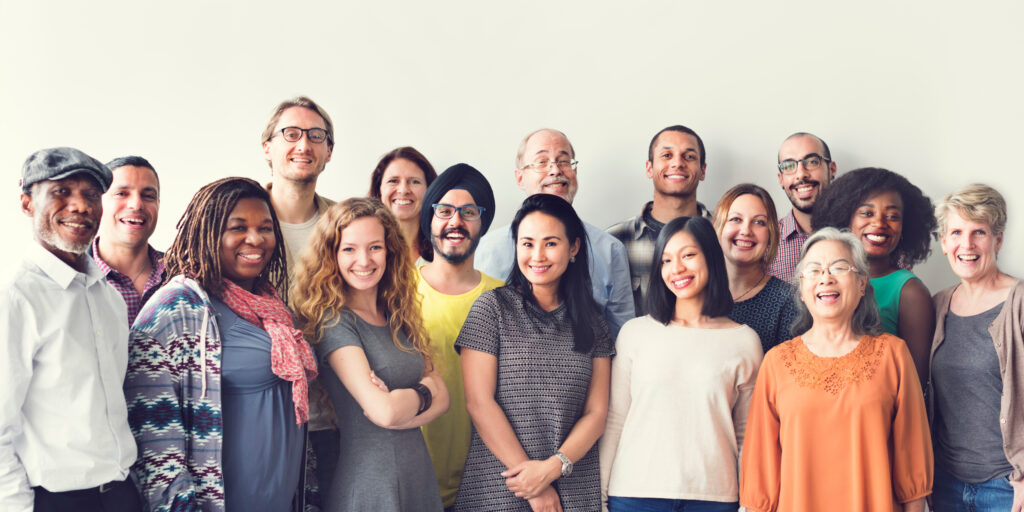
CEO, Tennessee Electric Cooperative Association
As a young boy, I liked to listen to the adults as they spoke with one another. Whether it was at the Sunday dinner table or in front of the television for the big game, conversations that shouldn’t have interested a child were a part of my normal life.
You can be sure that current events and politics were almost always a part of the conversations. And World War II. Lots of World War II. I was privileged to learn from both of my grandfathers who proudly served in the Army Air Corps and Navy.
These same family members experienced many more of America’s most pivotal moments in the 20th century, both good and bad. They felt the exhilaration of the end of war on V-J Day and remembered where they were when President Kennedy was assassinated. After each event, there was sure to be a spirited conversation at the next family gathering.
But even when the discussions were about much less profound events, I do remember some common threads. I had some very opinionated relatives. Their views of the world were flavored by experiences and confident beliefs of what was right and what was wrong.
But very rarely did I ever hear that those they believed to be wrong were bad people. Nor was it expressed that a political opponent wanted to destroy the country. It was not personal. This was true even when the topic was inherently personal such as voting for a specific candidate. The motivation was always about what was best, not what was worst.
I didn’t know it then, but my family was demonstrating the concept of civility. That word is commonly assumed to mean simply being polite, but that is a relatively new connotation. The original Latin word upon which it is based is civilis, which means “related to citizens.” In its original usage, the term referred to being a citizen of a community and, therefore, exhibiting orderly behavior for the benefit of the entire community. It was connected to one’s place among your fellow neighbors and friends and how we all live together.
In modern usage, civility also means more than just being polite. One definition I read accurately referred to civility as more than just a manner of acting but includes the reason for acting in that manner — “the act of showing regard for others by being polite” (vocabulary.com). For others, not for oneself. Being civil to others is a way to demonstrate that we believe in their inherent human dignity and place it above ourselves in importance.
Showing regard for others seems to be in short supply these days. And it’s not just in politics.
When we lack civility, it is not enough to win the argument, the election, the new job or the esteem of our friends and family. We attempt to destroy the “other” person in our victory. Rather than achieving victory by demonstrating a better way forward through competence and humbleness, we take the shortcut and declare our superiority through comparison and derision.
But I challenge you to think for yourself and answer this question: Who are those “other” people? You get to choose. Are they lacking in human dignity and easily thrown away? Or are they fellow Americans who just happen to believe differently than you do?
I know those are strong words, and I will receive many letters and emails suggesting my foolishness for sharing them. However, as I engage in my own duty to be a good citizen of this country that I love so much, I hope I live up to the example of civility that my family taught me.



